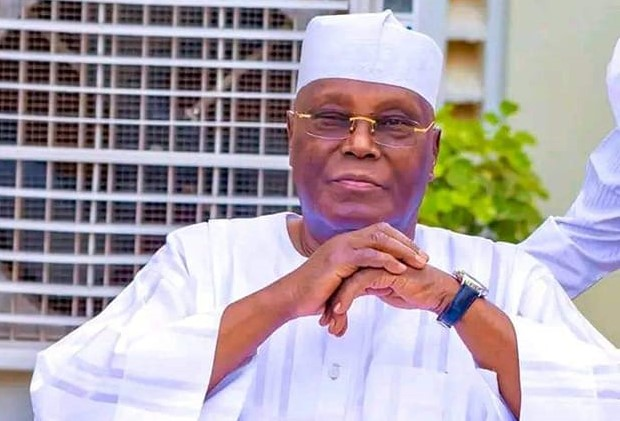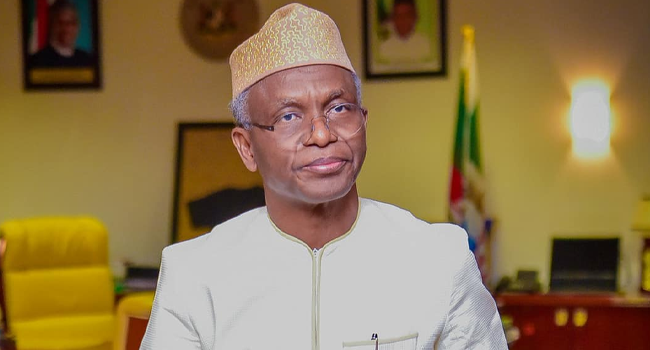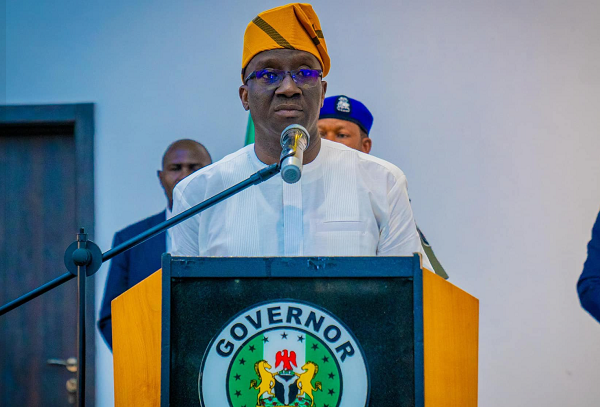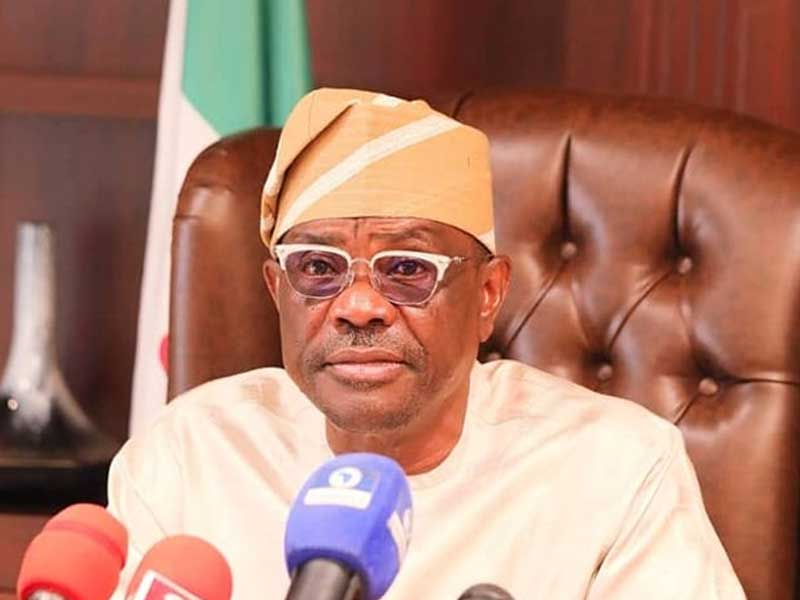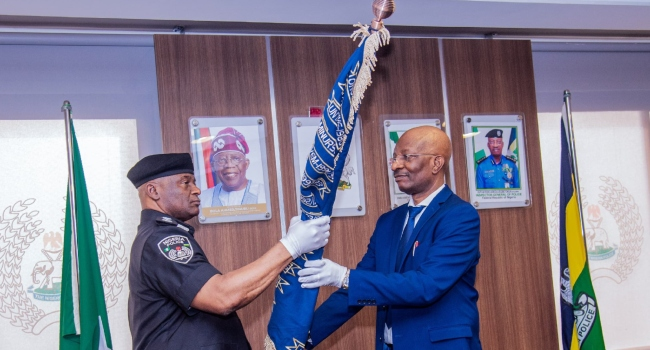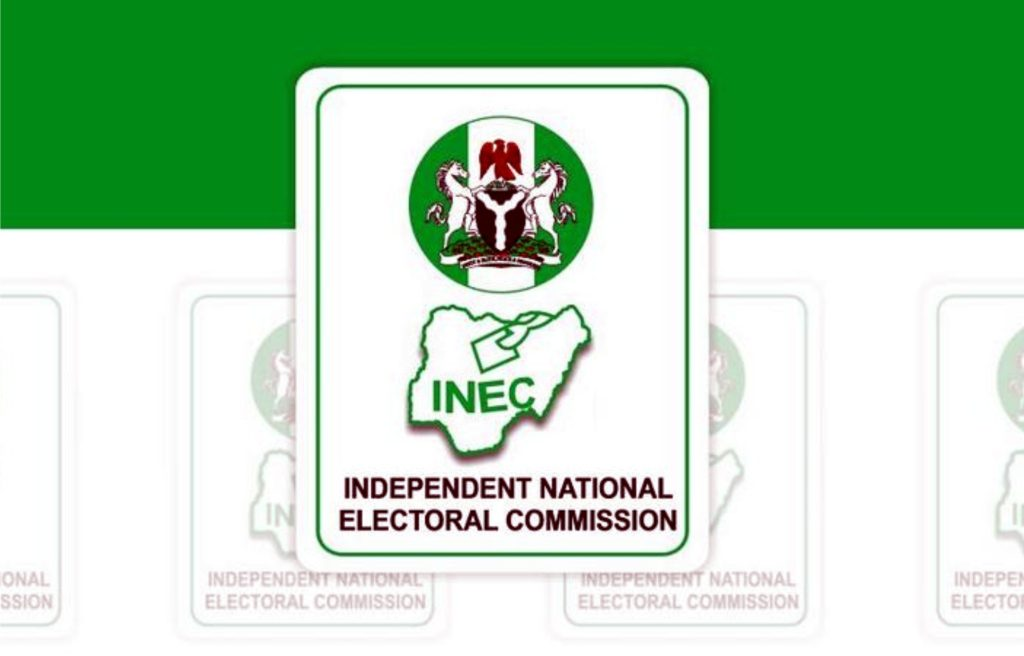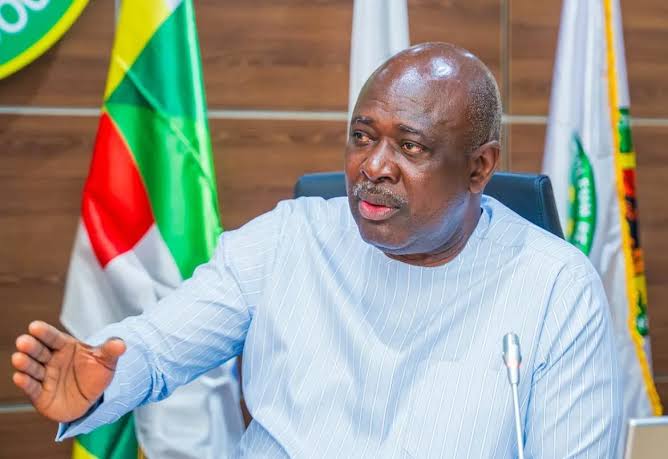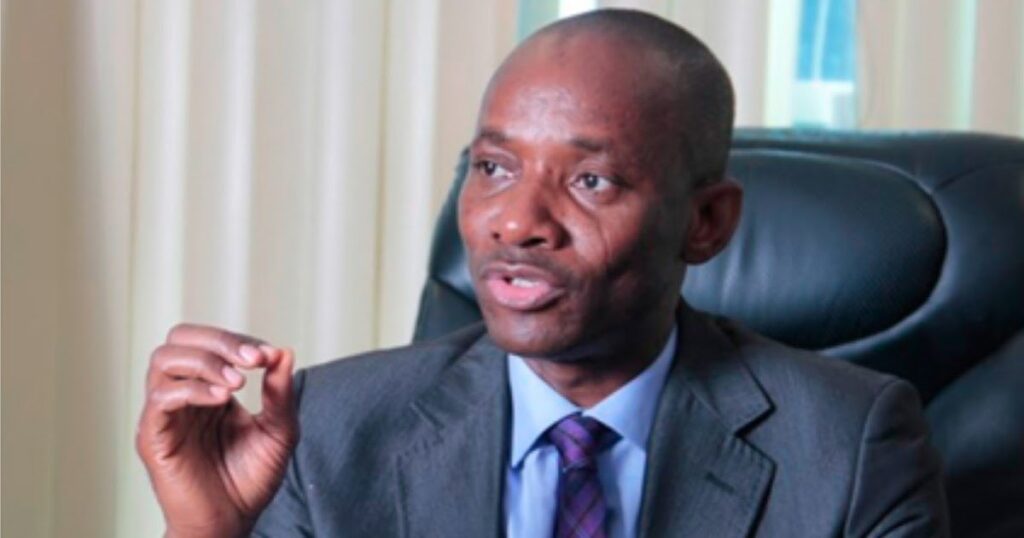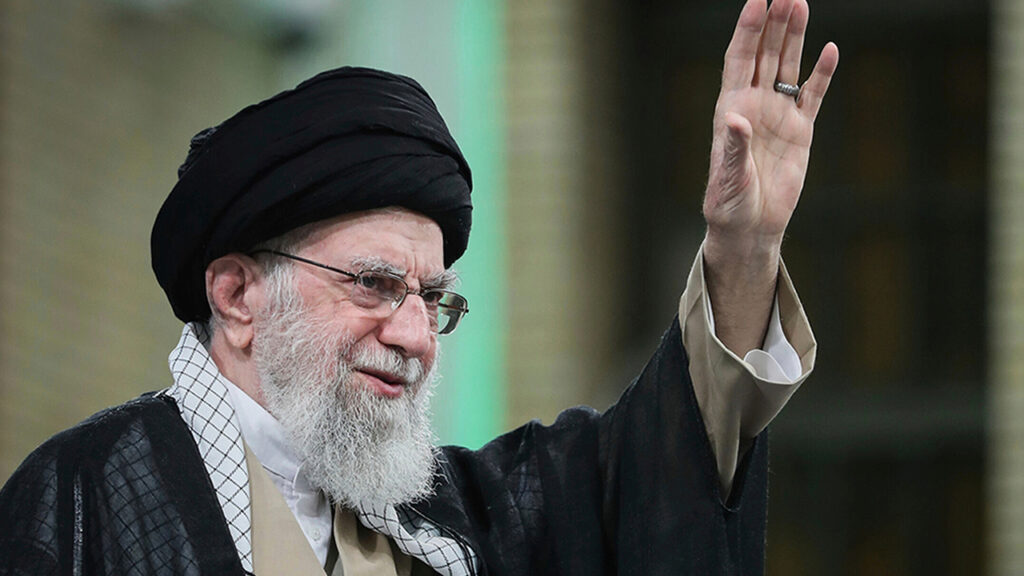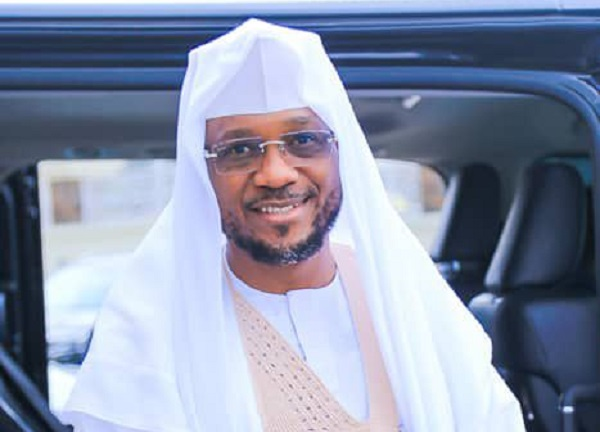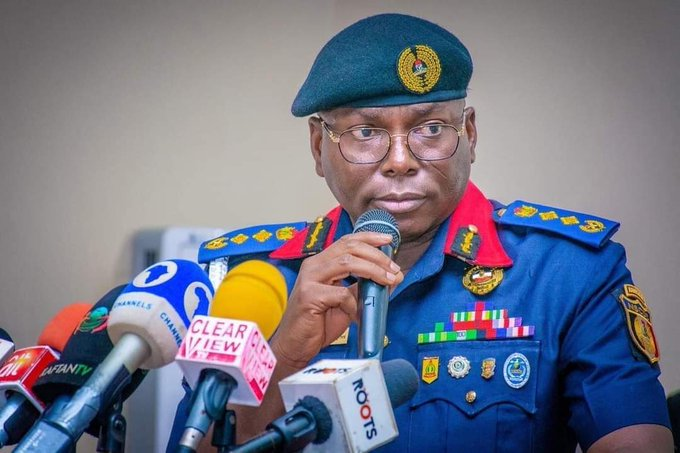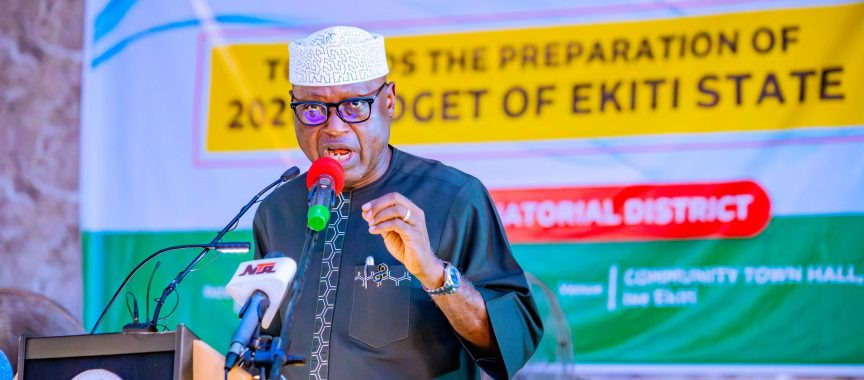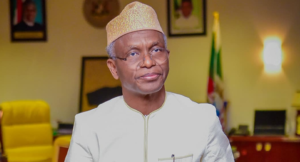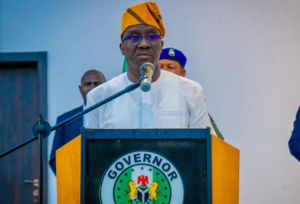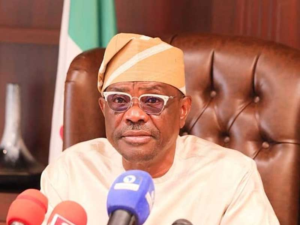Former Vice President Atiku Abubakar has criticized President Bola Tinubu’s administration for pursuing what he describes as “trial-and-error” economic policies, which he claims have intensified hardships for Nigerians. In a personally signed statement, Atiku, the Peoples Democratic Party (PDP) candidate in the last presidential election, emphasized that his economic strategy would have taken a more calculated approach.
Atiku specifically faulted Tinubu’s policies on exchange rates, electricity tariffs, and fuel pricing. “Unleashing reforms on multiple fronts simultaneously is an overkill,” he stated, acknowledging his support for subsidy removal but advocating for a gradual process. “Our administration would have taken the route of countries like Malaysia and Indonesia, where subsidy removal was phased to mitigate economic shock,” he explained.
The PDP leader detailed that his approach would have prioritized gradual, well-planned reforms, avoiding abrupt policy shifts. “I would have prepared thoroughly, assessing our country’s conditions, consulting stakeholders, and ensuring a strategic destination for reforms,” he noted, pointing to his policy document, My Covenant with Nigerians, which outlined consistent and coherent strategies to shield Nigeria’s economy from potential crises.
Atiku proposed specific measures his administration would have enacted, including a $10 billion Economic Stimulus Fund (ESF) to support small and medium-sized enterprises (MSMEs) and job-training programs for young people, particularly those currently out of work or school.
He criticized the current government’s focus on “palliative” measures and underscored the need for stronger social protections. His proposed plan, he said, aimed to address institutional weaknesses, reduce government expenditure, and curb corruption within oil subsidy administration.
Atiku also condemned the swift removal of fuel subsidies, suggesting instead a phased reform approach and privatization of refineries to enhance Nigeria’s refining capabilities. Reflecting on his tenure as Vice President, he noted that his administration had initiated a phased subsidy reform, which was abandoned by subsequent governments. He concluded by stating that his economic reforms would have “worn a human face,” balance fiscal changes with genuine support for the vulnerable to foster long-term growth.

